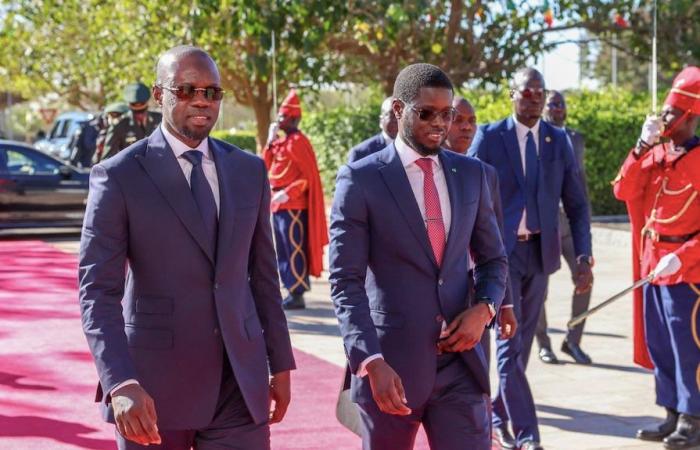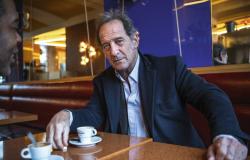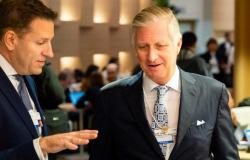(SenePlus) – The ruling party, Pastef, appears to be affected by tensions which reveal the difficult transition from a protest force to a government party. This political group, which won power in militant fervor, must today come to terms with the demands of public action.
The recent episode of the appointment of Aoua Bocar Ly to the National Audiovisual Regulatory Council (CNRA) is symptomatic of the challenges facing Pastef. As Jeune Afrique recalls, activists immediately mobilized on social networks, unearthing old hostile statements made by the person concerned towards the party during the Macky Sall era. Faced with this revolt, Ousmane Sonko had to intervene personally, recalling that “the time of the State is not that of the activists.”
This militant vigilance had already been demonstrated during the appointment of Samba Ndiaye as head of a national agency. President Bassirou Diomaye Faye then had to publicly justify this choice by explaining: “We have announced calls for applications and we are not limited to people who are part of Pastef. […] The Senegalese have trusted us thanks to our Project, and this Project includes all Senegalese.”
The magazine reveals that Pastef is going through a period of profound transformation. The party continues to operate with a provisional political bureau, without a charter or internal regulations. The position of secretary general, held by Bassirou Diomaye Faye before his arrest in April 2022, is now held on an interim basis by MP Ayib Daffé.
Ansoumana Sambou, member of the national communications secretariat, recognizes these “trial and error” but justifies them: “As soon as we came to power, we thought about how to govern and continue to lead the party, while observing a certain neutrality towards -with respect to public affairs.”
According to Jeune Afrique, Pastef relies on an impressive “shadow army”: more than a thousand executives, researchers and university professors who continue to produce conceptual notes and recommendations for the head of state. This technical expertise contrasts with the image of a purely protest party.
-The figure of Ousmane Sonko remains central in the organization. Prime Minister and party leader, he retains considerable influence, as Ansoumana Sambou points out: “The Project can proceed as long as no one questions Ousmane Sonko’s place as leader.” This situation raises questions about the dynamics of the executive duo, even if a presidential advisor cited by the magazine assures that Ousmane Sonko “will never be a fuse or a lackey of the president.”
JA highlights a remarkable particularity of Pastef: its method of financing. Electoral campaigns are directly financed by activists, particularly those from the diaspora. The gatherings have become paying, with prices ranging “from 1,000 to 1 million CFA francs to attend Ousmane Sonko’s last mega-meeting at the Dakar Arena.”
A party executive cited by Jeune Afrique sums up the ambition for transformation: “Senegal has had a tradition of party-state […] Under previous regimes, the state had merged with the party, of which it represented only an appendage and a means of subsistence. On the contrary, we believe that it is up to the party to serve the State.”
This ambition, however, clashes with the reality on the ground. Mamadou Oumar Sall, activist since 2018, recalls the vigilant role of supporters: “Our leader is not a demigod who decides everything. […] It is up to us to denounce any breach of party principles; This is also the role of patriotic youth.”
Pastef thus finds itself at a crossroads, having to reconcile its activist heritage with the demands of governance, while preserving its ideals of political and social transformation.






